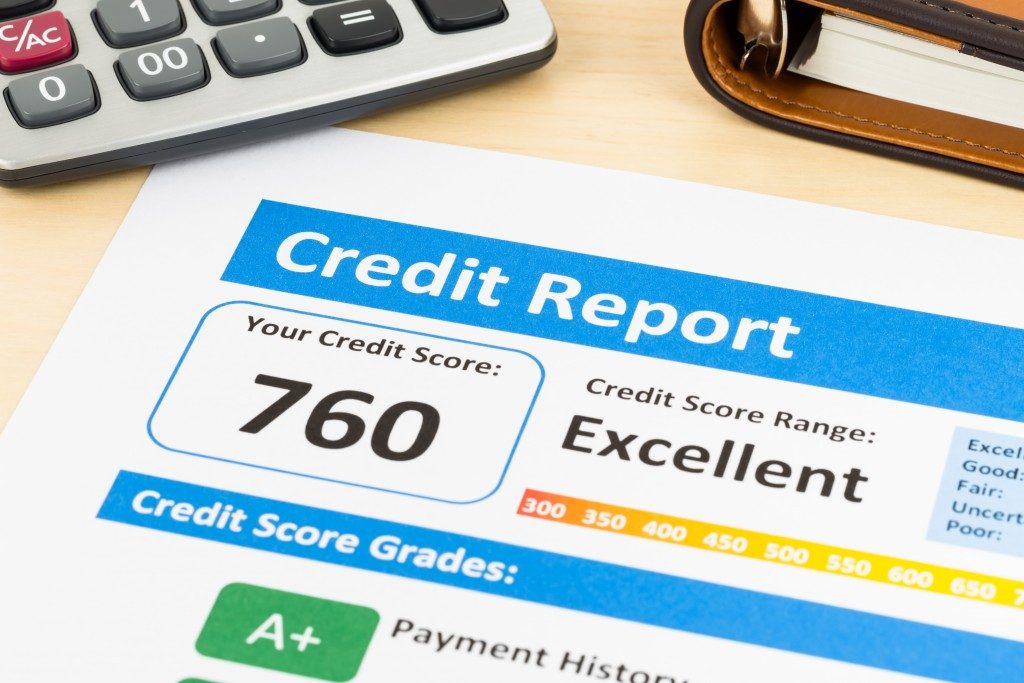A credit score is one of the most critical measures of a person’s overall financial health. A good credit score gives you leverage when negotiating for lower interest rates on credit cards, car insurance rates and approvals for apartments or rental homes, among many others.
You should know that repairing a bad credit rating takes longer than building a good credit score. Many people do not realize that improving a bad credit score takes time and effort.
Before doing anything, make sure to request a copy of your credit report to see what is helping or hurting your credit. You can pull a report from a credit bureau to find out if you need financial advice. Here are some ways to raise your credit score:
Pay bills on time
Payment history is the most influential factor for your credit scores. It is essentially an indicator of how you’ll handle future debts. So if your payment history reflects that you are paying your debts responsibly and on time, it will work for your favor.
There are several ways to avoid late payments. First, you could set up payment reminders, either paper or digital, on your deadlines for monthly bills. You could also set up automatic bill payments from your bank account or from a credit card. If possible, pay more than once in a billing cycle, as this also lowers your credit utilization.
Debt consolidation
 Debt consolidation is another way to improve your credit score. In places like Greater Sudbury in Ontario, there are debt consolidation services that combine multiple credit or loan balances into one new loan. But this works in your favor if you stick to a plan of paying the debt. A personal loan with lower interest, for instance, can be used to pay off credit card balances with higher interests. This is one popular way to consolidate your debts, allowing you to pay for them faster.
Debt consolidation is another way to improve your credit score. In places like Greater Sudbury in Ontario, there are debt consolidation services that combine multiple credit or loan balances into one new loan. But this works in your favor if you stick to a plan of paying the debt. A personal loan with lower interest, for instance, can be used to pay off credit card balances with higher interests. This is one popular way to consolidate your debts, allowing you to pay for them faster.
Leave old debts on your report
Many young and new Canadians often run into the problem of not being able to improve their scores because they have no credit when they start working. Once they finally get rid of their student loans, for instance, they may be too eager to get traces of it wiped off from their reports. However, as long as the payments were made on time, these records may help with their credit ratings.
The same applies to credit card accounts. The credit age portion of the credit rating looks at how long you’ve had credit accounts. The older the accounts are, the more favorable it is for your credit score. Also, closing paid accounts while keeping your account balance will increase your credit utilization ratio. This will remove some points off your score.
Your three-digit score is the most important number for your overall financial health. It assures lenders of your ability to pay back debts effectively. By ensuring that you pay your bills on time and lower your credit utilization ratio, you should be able to reap the many benefits that come with having a good credit score.

